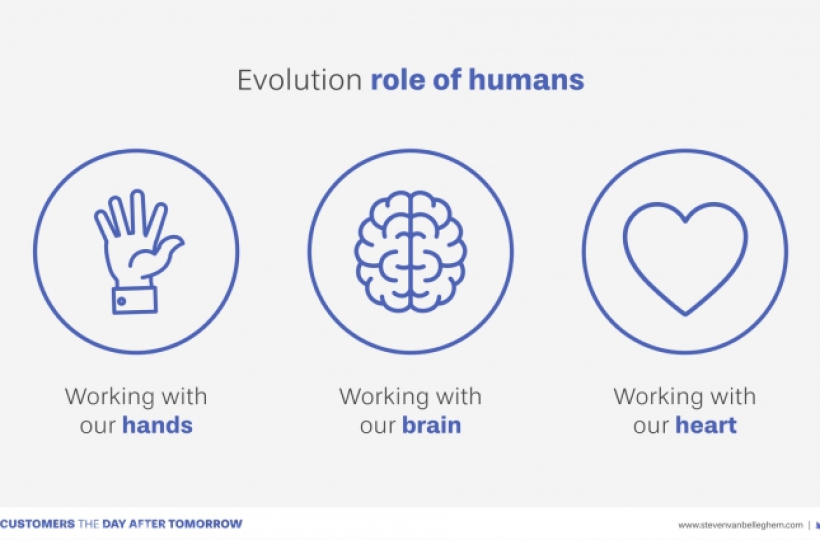The future of work in an AI world. A story on the importance of Empathy, Passion, and Creativity

I was trained as an economist, so I want to bring some of the insights of economics to help make the case for why human work will continue to be relevant even in an age of AI. It’s important to remember that a basic principle of economics is that when something becomes relatively more scarce, it becomes more valuable. This is pretty straightforward, right? In the situation of AI, this law of scarcity will apply to the Human Touch and the Human Interface. As companies and other organizations deploy AI more and more frequently, and our lives as consumers become more regularly mediated by all kinds of artificial intelligence-driven systems, the experience of interacting with real people will become more rare, and hence, more valuable. Human service will become really premium in the near future.
In order to stay ahead of these changes workers should be prepared to focus their efforts in places where technology does not play a role. Maybe 90% of normal customer interaction is routine and can be entrusted to Artificial Intelligence, but the remaining 10% is where empathy, passion, and creativity come into play. And this is where customers will feel the human touch most directly, and where it intersects with the customer experience. This follows along the development of work over the centuries – from working with our hands – then to working with our brains, and now soon, after the implementation of AI, to working with our hearts. Empathy, solidarity and compassion are the places where technology cannot replace the human touch, and this is where the true value will be found.
If you would like to hear all my ideas on this topic, feel free to check out this video: